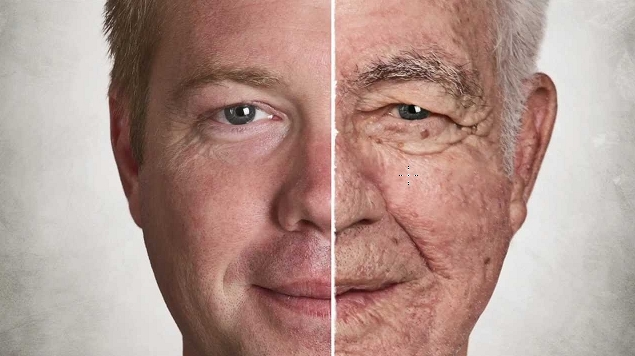
The most prominent of the sleeping pills are the anticholinergics. These drugs are prescribed for all kinds of medical conditions, such as sleeping disorders. But recent studies revealed that anticholinergic drugs can make older people much more vulnerable to developing dementia.
Anticholinergic drugs stop the activity of acetylcholine, an important neurotransmitter that bonds to nerve cells. The central and peripheral nervous systems rely on this important chemical to activate various functions of the body.
Low levels of acetylcholine will hamper muscle contraction and other bodily functions. It will also decrease the number of brain cells, leading to confusion, forgetfulness, and other negative effects on the cognition health of a patient. (Related: New study finds that aspartame-sweetened diet soda causes stroke, dementia risks to skyrocket… is aspartame DESTROYING brain function?)
Taking anticholinergic drugs as sleeping pills can increase dementia risk
University of Washington (UW) researchers said that the harmful side effects of anticholinergic drugs could be reversed once a patient quit the drug therapy. However, their 2015 study also showed that the side effects can last for long periods of time if the drugs were part of a regular treatment process.
They determined that taking a dose of 50 mg of diphenhydramine on a daily basis for more than three years increased the risk of a person developing dementia. Other studies are expanding on their findings by determining if using this particular sleeping pill for short periods of time on a frequent basis would also produce the same higher risk of damage to brain tissue.
The American Journal of Geriatric Psychiatry described anticholinergic drugs as a risk factor for short attention span and poor physical function and working memory. Thankfully, exposure to these drugs can be mitigated or stopped, but rehabilitation takes a longer period of time.
The problem is that anticholinergic drugs are prescribed to older people for numerous other health conditions, such as bladder problems, depression, and seasonal allergies. Experts warned that patients should look for alternative therapies for their health issues that do not rely on anticholinergics. If the patient is an older person, he or she should avoid these drugs unless it is absolutely necessary.
Healthier alternatives for treating insomnia and sleep problems
There are many natural methods of improving sleep quality without resorting to pharmaceutical drugs. These approaches are safer than taking anticholinergic drugs and other sleeping pills.
At least two hours before the intended time of sleep, put away any electronics that generate artificial light. If you have to use such a device, use blue light technology to reduce the sleep-disrupting effects of bright light.
A natural supplement can improve sleep habits without disrupting the normal functions of acetylcholine. Melatonin is one such natural substance recommended for sleep anxiety.
Make a habit out of taking a bath, drinking herbal tea, meditating, performing yoga sessions, or engaging in a relaxing routine before hitting the hay. Conversely, do not perform intense physical or mental activity before calling it a night.
Last but not least, follow a healthy diet that provides enough nutrients for the brain and the body. Avoid consuming any foods and drinks that are rich in sugar, especially two or three hours before sleeping.
Sleep disorders are an increasingly common problem nowadays. However, resorting to anticholinergic drugs will only turn insomnia into dementia. Instead, pick a natural method of improving sleep that best fits your needs.
Sources include:
Please contact us for more information.























